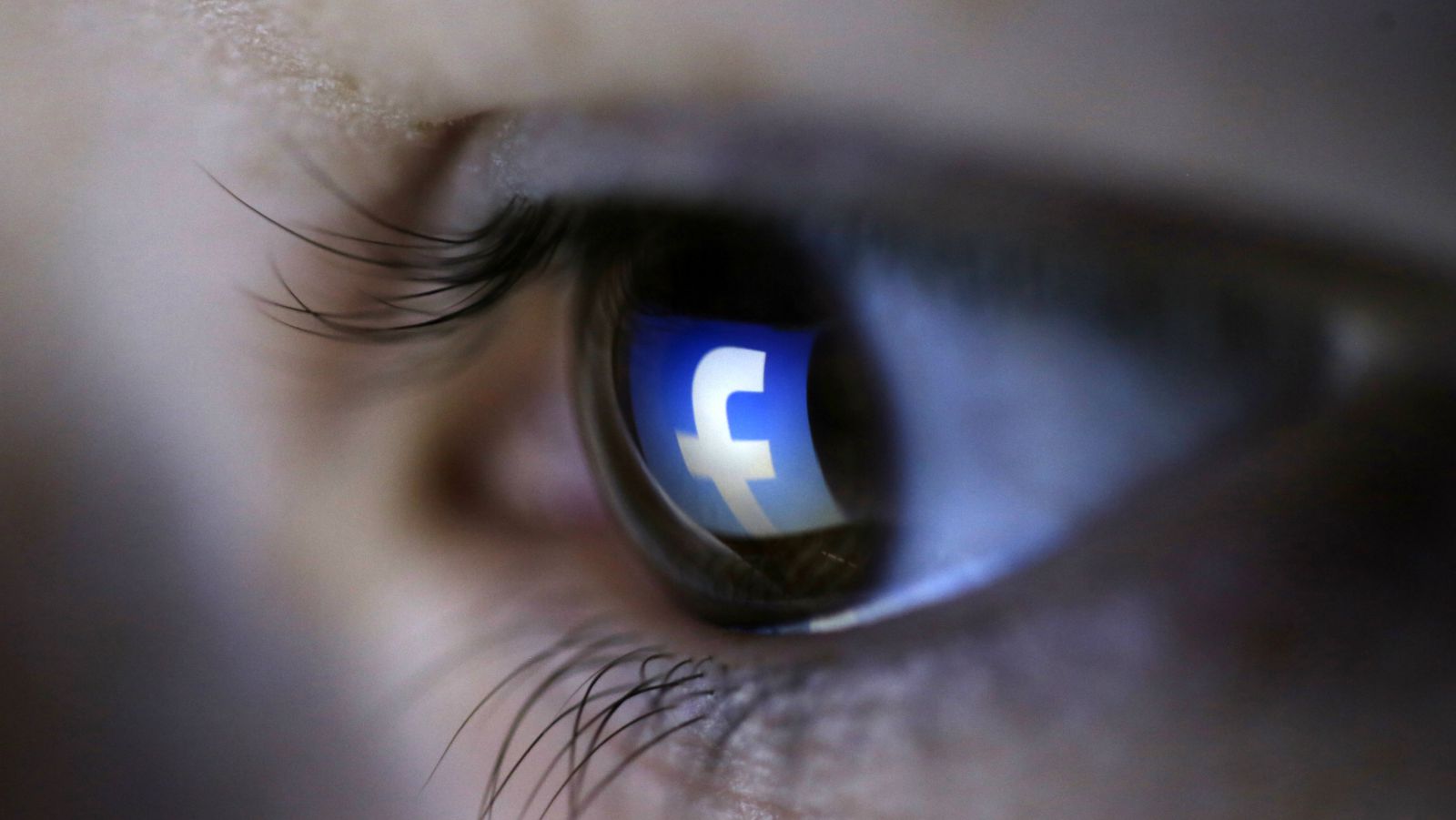Facebook has more people than any major religion except Christianity
The number of Facebook monthly users has surpassed the followers of Islam, and is closing in on the most numerous religion, Christianity. The Pew Research Center reports that Christianity counts 2.3 billion people among its adherents, followed by Islam with about 1.8 billion. By comparison, Facebook reports it now has 1.32 billion daily active users and 2.01 billion monthly active users as of June 2017—all supported by a staff of just 20,658 people.


The number of Facebook monthly users has surpassed the followers of Islam, and is closing in on the most numerous religion, Christianity. The Pew Research Center reports that Christianity counts 2.3 billion people among its adherents, followed by Islam with about 1.8 billion. By comparison, Facebook reports it now has 1.32 billion daily active users and 2.01 billion monthly active users as of June 2017—all supported by a staff of just 20,658 people.
Facebook CEO Mark Zuckerberg believes his platform could fill the void left behind by the decline of religious and civil communities in the US. Americans are becoming less religious, join fewer community groups, and report record low levels of trust in their fellow citizens. ”That’s a lot of people who now need to find a sense of purpose and support somewhere else,” he said this June at a Chicago rally for creators of Facebook groups.
Zuckerberg has even approvingly cited religions role in society, perhaps implying a similar goal for Facebook. ”People who go to church are more likely to volunteer and give to charity—not just because they’re religious, but because they’re part of a community,” he said in June. ”A church doesn’t just come together. It has a pastor who cares for the well-being of their congregation, makes sure they have food and shelter. A little league team has a coach who motivates the kids and helps them hit better. Leaders set the culture, inspire us, give us a safety net, and look out for us.”
Facebook is growing at an order of magnitude faster than any established denomination. No major religion is expected to grow faster than 1.4% per year (Islam) over the next two decades, predicts Pew. Yet Facebook, despite rivaling them in size, has steadily grown its global user base by about 22% each year. Of course, Facebook’s expansion will slow as it increases in size (see the “law of large numbers“), but even a drastic drop in this pace means Facebook users will exceed the number of Christians before the decade is out.
As it grows, Facebook has gone so far as to change its mission statement from its focus on making “the world more open and connected” to “bring[ing] the world closer together,” Zuckerberg said in an interview with CNN Tech this June. The company’s CEO has ramped up his campaign to portray Facebook as a force for harmony, rather than division, in public life after an election season which saw the social network accelerate the spread of inaccurate news and conspiracy theories. The CEO not known for public outreach announced a 50-state US tour in January to “get out and talk to more people about how they’re living, working and thinking about the future.”
Facebook already owns three of the five largest online communities in the world: its own network, WhatsApp, and Instagram. The other two, Chinese services WeChat and TenCent, have about 2 billion users between them. To fuel this growth, Facebook has gone on a relentless acquisition spree of any platform where it sees its future audience heading next. For now, that means Facebook can sustain meteoric growth while counting about a quarter of the world’s population as its users. It shows no signs of stopping.